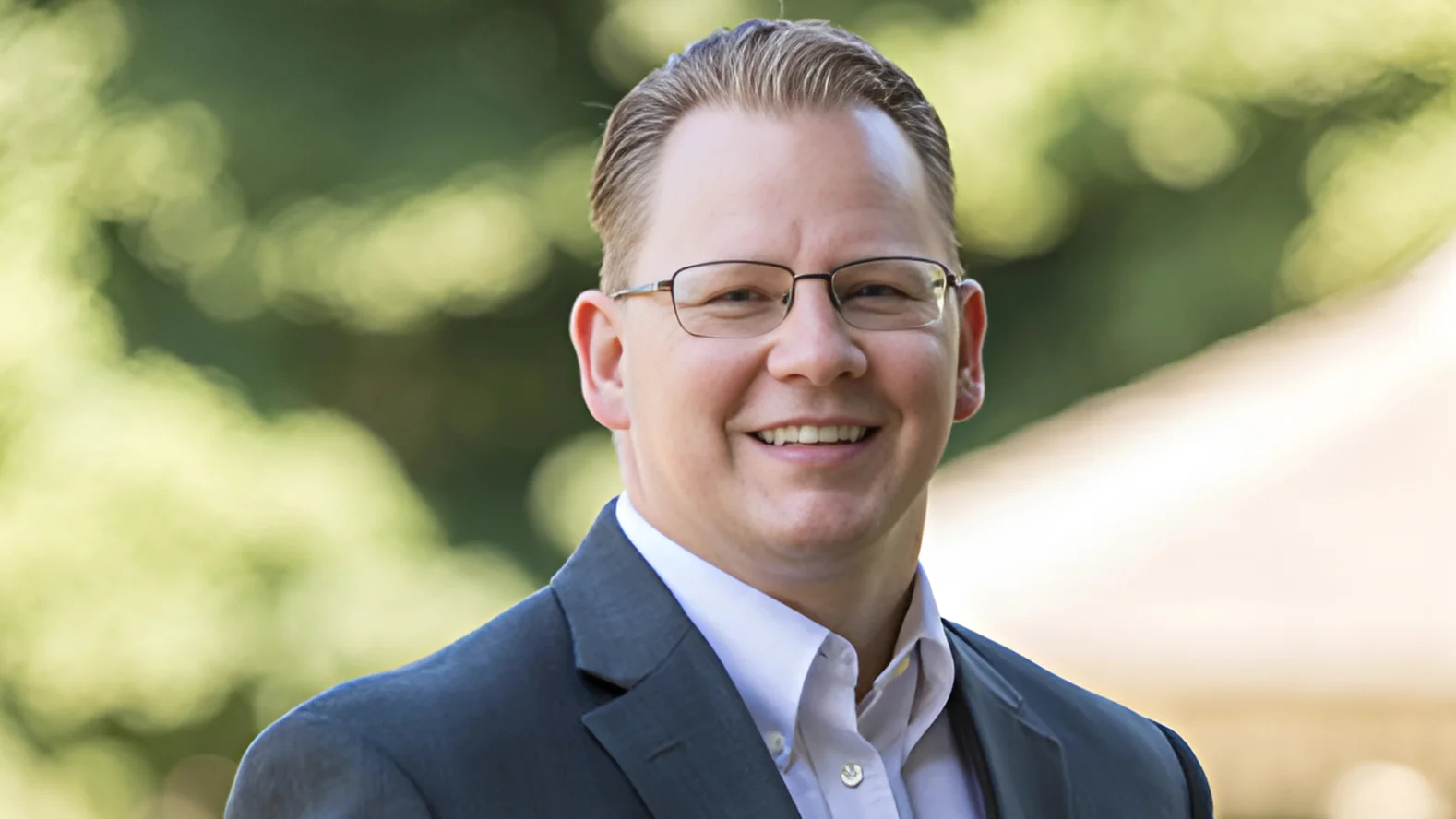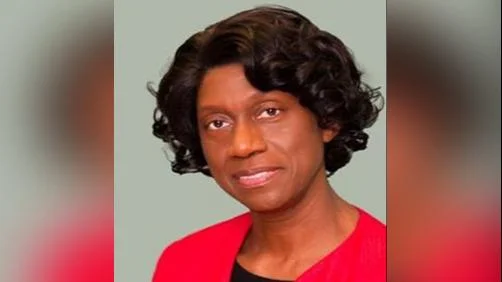
Chris Reykdal Superintendent | Washington Office Of Superintendent Of Public Instruction
Congress has passed the One Big Beautiful Bill Act, which includes a new school privatization tax credit. President Trump recently signed the bill into law. The legislation introduces a program that allows public taxpayer dollars to fund private, religious, and for-profit schools across the United States.
State Superintendent Chris Reykdal issued a statement in response to the new law. Reykdal criticized the policy, saying it was adopted while reducing key public benefits such as Medicaid and the Supplemental Nutrition Assistance Program. He described the school privatization plan as “intentionally reckless” and noted its alignment with Project 2025—a proposal influenced by organizations like the Heritage Foundation and American Enterprise Institute that advocate for diverting public funds to private schools.
According to Reykdal, “This school privatization plan designed by the Trump Administration and Congressional Republicans follows through on many elements pitched in Project 2025—a plan that was heavily influenced by the Heritage Foundation and the American Enterprise Institute, both groups that support diverting public taxpayer dollars to private schools. This is ‘funded’ with more federal debt—expanding America’s record budget deficit—a burden that generations of young people will bear.”
Reykdal pointed out negative outcomes observed in other states where similar programs have been implemented. He said these programs use taxpayer money to subsidize institutions that are less diverse, often affiliated with a single faith, economically segregated, and less likely to serve students with disabilities proportionate to their community demographics.
He added: “We already see the harmful effects of school privatization in other states—using taxpayer funds to subsidize private, religious, and for-profit schools that are statistically less diverse, often of a single faith, economically segregated, and unwilling to serve students with disabilities proportionate to their community demographics. The slow dismantling of public education while only truly supporting wealthy families that can already afford private school is as anti-democratic as it gets.”
Reykdal also raised concerns about how shifting funding toward private education could further reduce enrollment—and thus funding—for public schools. He argued this would result in fewer services for lower- and middle-class families.
“These policies can also have the effect of reducing enrollments in public schools—starving them further of federal and state funding and the essential services those dollars provide. The loss of critical funding to public schools results in inequitable services and supports for students from lower- and middle-class families across America,” he stated.
The Superintendent highlighted Washington’s performance on national assessments as evidence against arguments favoring privatization: “The facts are that, by the eighth grade, only four states outperform Washington’s students in reading on the National Assessment of Educational Progress (NAEP). At the global level, the U.S. ranked sixth in the world for reading on the most recent Programme for International Assessment (PISA) test and is 1 of 7 countries with the highest density of top performers in reading.”
He concluded his statement by urging state lawmakers not to participate in this program without careful consideration: “I oppose this effort as currently drafted and call on the Legislature to weigh in during the upcoming legislative session if, in fact, Congress has given them the policy authority they deserve in education that is clearly the intent of the 10th Amendment to the U.S. Constitution. I further call on Congress to revisit this policy after the mid-term elections so that every family with school-aged children gets an equitable tax credit to help with education expenses that are not already covered by their schools.”
Reykdal called on elected officials representing Washington State “to actively protect our public schools here in our state and unequivocally oppose this tax scheme in its current form.”



 Alerts Sign-up
Alerts Sign-up